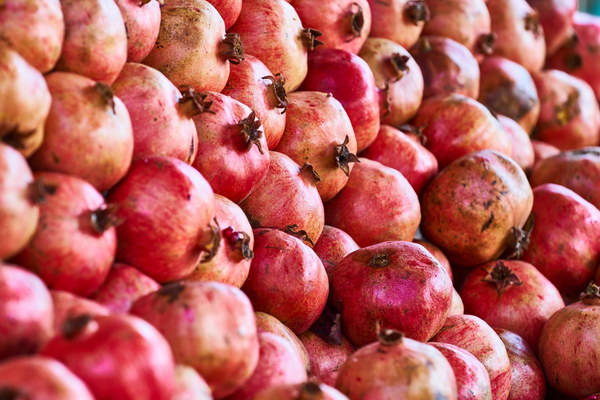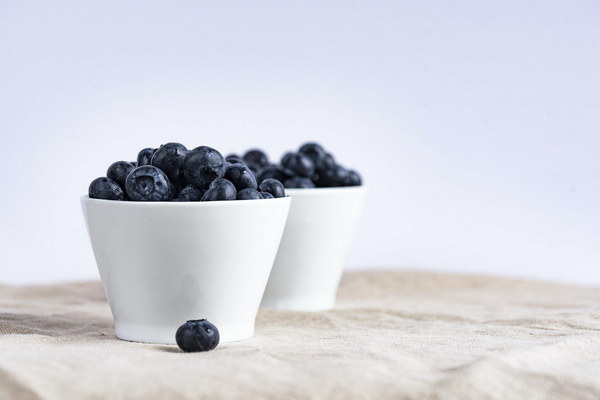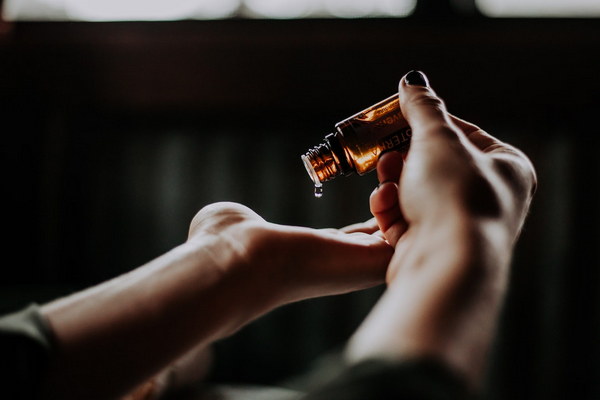Does Lung Cleansing Lead to Coughing Up Phlegm
Introduction:

Lung cleansing has become increasingly popular in recent years, as more and more people seek to improve their respiratory health. However, one common concern among individuals who are considering lung cleansing is whether or not it will lead to coughing up phlegm. In this article, we will explore this question and provide insights into the potential effects of lung cleansing on phlegm production.
Understanding Lung Cleansing:
Before we delve into the relationship between lung cleansing and coughing up phlegm, let's first understand what lung cleansing actually entails. Lung cleansing is a process aimed at removing impurities, toxins, and mucus from the lungs. It can be achieved through various methods, including herbal remedies, steam inhalation, and breathing exercises.
The Role of Phlegm:
Phlegm, also known as mucus, is a thick, sticky substance produced by the respiratory system to trap dust, allergens, and pathogens. It serves as a protective mechanism, preventing these harmful particles from reaching the lungs. While phlegm is a normal bodily function, excessive mucus production can lead to respiratory issues such as cough, congestion, and difficulty breathing.
Does Lung Cleansing Lead to Coughing Up Phlegm?
Now, let's address the main question: Does lung cleansing lead to coughing up phlegm? The answer is both yes and no.
1. Yes, Lung Cleansing Can Trigger Coughing:
When you undergo lung cleansing, the process of removing impurities and toxins from the lungs can stimulate the production of mucus. As a result, you may experience an increase in phlegm production, leading to coughing. This is because the body is working to expel the trapped substances that have accumulated over time.
2. No, Lung Cleansing Should Not Induce Excessive Coughing:
On the other hand, it's important to note that lung cleansing should not cause excessive coughing. The purpose of lung cleansing is to improve respiratory health, not worsen it. If you are experiencing severe coughing or difficulty breathing, it may be a sign that the cleansing method you're using is not suitable for your condition.
Factors Influencing Coughing Up Phlegm:
Several factors can influence whether lung cleansing leads to coughing up phlegm:
1. Cleansing Method: Different lung cleansing methods may have varying effects on phlegm production. For example, herbal remedies that target respiratory health may stimulate mucus production, while others may not.
2. Individual Differences: Each person's body reacts differently to lung cleansing. Some individuals may experience increased phlegm production, while others may not.
3. Existing Respiratory Conditions: People with pre-existing respiratory conditions, such as chronic bronchitis or asthma, may experience more pronounced coughing during lung cleansing.
Precautions and Tips:
If you are considering lung cleansing, here are some precautions and tips to help minimize the risk of excessive coughing:
1. Consult a Healthcare Professional: Before starting any lung cleansing regimen, it's important to consult with a healthcare professional, especially if you have pre-existing respiratory conditions.
2. Choose the Right Cleansing Method: Opt for a lung cleansing method that is gentle and suitable for your specific needs. Research and read reviews to find the best option for you.
3. Gradual Introduction: Start with a low-intensity cleansing routine and gradually increase the intensity as your body adjusts.
4. Stay Hydrated: Drinking plenty of water can help thin the mucus and make it easier to cough up.
5. Monitor Your Body's Response: Pay close attention to how your body reacts to the lung cleansing process. If you experience severe coughing or other adverse effects, discontinue the regimen and seek medical advice.
Conclusion:
In conclusion, lung cleansing can indeed lead to coughing up phlegm, as it stimulates the production of mucus to remove impurities and toxins from the lungs. However, it should not cause excessive coughing or respiratory distress. By following precautions, choosing the right cleansing method, and monitoring your body's response, you can enjoy the benefits of lung cleansing while minimizing potential side effects.









